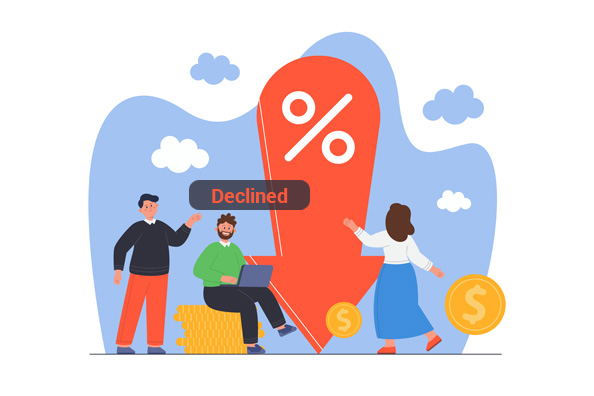
“A comprehensive guide to understand inheritance tax”
Inheritance tax is one of the taxes levied on the estate left by a person up on his/her death including property, money, and possessions. You may need to pay this tax when inheriting a property not when selling a house. The only tax a seller has to pay when selling a house is the capital gains tax. The capital gain tax is levied on the profit gained from a house sale. In this blog post, learn about the inheritance tax, how it works, the threshold, and possible exemptions.
Understand the Inheritance Tax
A tax paid to inherit the estate from a deceased person including property, money and other possessions is called the inheritance tax. The tax is levied on the net value of a property to be inherited by a beneficiary. The rate of this tax depends on the value of an asset and also differs from region to region. A person can inherit a property through a will or under the personal law. In the UK, you are liable to pay an inheritance tax when going to inherit a house valued over £325,000.
There is no inheritance tax on property valued equal to or below £325,000. The tax is levied not only on a residential property but also on other personal assets of a deceased person, including cash and real estate, as well as any gifts given during the last seven years before death.
Who is Eligible to Pay Inheritance Tax?
The inheritance tax can be paid by a person mentioned in a deceased person's will or by a legal hire to obtain the asset under personal law. A person managing the asset is responsible for valuing the property and paying the inheritance tax if the asset is valued at over £325,000. In the UK, the tax has to be paid by the end of the sixth month after the death of a legal owner of an asset or property. In case, a beneficiary misses the deadline, authorities will start charging interest on the due amount.
Inheritance Tax Rate and Threshold
In the UK, to inherit an asset valued over £325,000, all legal heirs of a deceased person have to pay an inheritance tax at the rate of 40%. The inheritance tax threshold works through a system that allows an eligible person to pay the tax on assets valued over £325,000 which means if an asset is valued at £500,000, a legal heir has to pay the inheritance tax on £175,000 only as the first £325,000 are tax-free.
Inheritance Tax and the Exemptions
Any property or asset gifted by a person to his/her spouse during the lifetime or on death is exempted from the inheritance tax. This means when a spouse leaves an asset straight to their spouse, inheritance tax is not required to be paid. Wedding gifts and charitable donations are also not covered under the inheritance tax. An annual £3,000 tax-free gift allowance is also exempted from the inheritance taxes.
In conclusion, a legal heir or beneficiary must pay inheritance tax to receive an estate that includes assets such as real estate, cash, and personal belongings. In contrast, a seller must pay capital gains tax only when selling a house. Visit estateagentpower.com to sell or buy properties including residential, commercial, and land.








